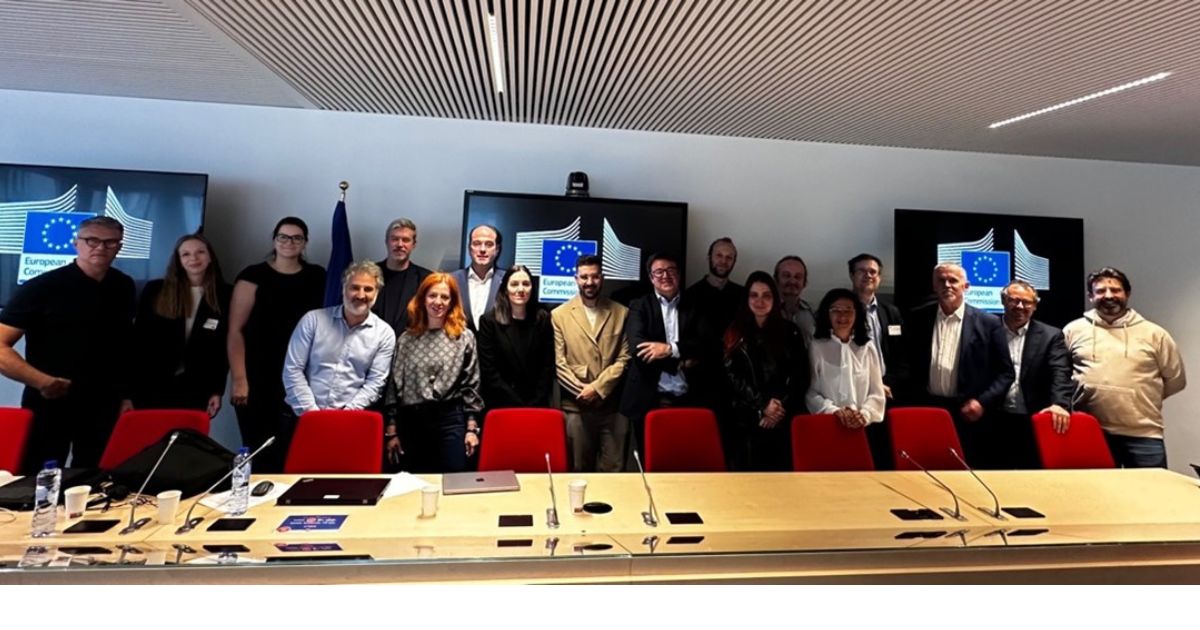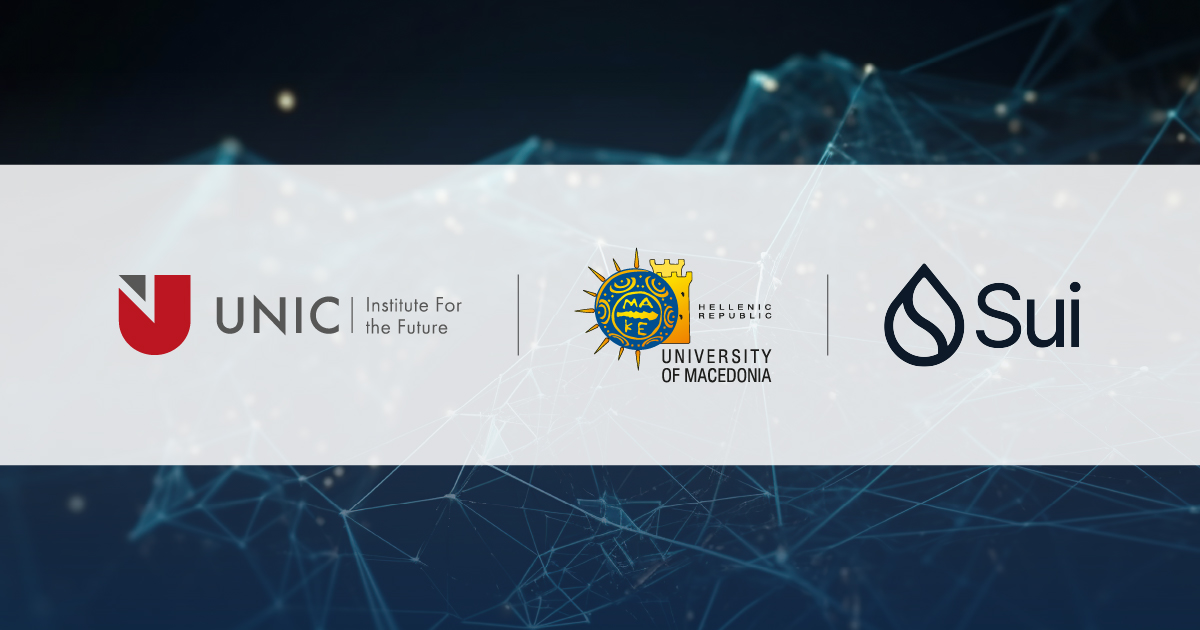Blockchain, Digital Assets and Web3 Since 2013
The Institute For the Future (IFF) is an interdisciplinary research Centre at the University of Nicosia (UNIC), aimed at advancing emerging technologies and contributing to their effective application in industry, government and education as well as evaluating their impact on society at large.
WORLD LEADERS
In Crypto Education and Research
The Institute For the Future is a leading global provider of education and research in blockchain & crypto assets, metaverse and forecasting. IFF has educated over 145,000 students in academic and professional training courses, while hosting the world’s largest team of faculty and staff focused on crypto-assets and blockchains. It serves as the academic lead for the EU Blockchain Observatory and Forum (EUBOF), a European Commission initiative to accelerate the development of blockchain within the EU.
UNIC IS THE 1st UNIVERSITY IN THE WORLD
TO ACCEPT BITCOIN FOR TUITION PAYMENTS
to publish blockchain-
verifiable academic certificates as NFTs
to offer crypto and web3 education
to publish academic diplomas on the blockchain
News & Events
The University of Nicosia announces the opening of one (1) funded position for admission to the Doctorate (PhD) in Business Administration –Department of Digital Innovation, for the Fall Semester 2024.
Research
Advising the European Commission
on accelerating the development
of blockchain within the EU
€8m+
grants
in competitive European Commission research grants since 2017
World’s
largest team
of faculty and staff focused
on crypto-assets and blockchains
100+
Joint research
organizations
Overview
The IFF was founded to explore the hypothesis that exponential technologies will cause rapidly accelerating societal change. Technologies like blockchain and artificial intelligence are highly disruptive, even individually. However, as they reach commercial maturity and start becoming synergistic, they are expected to have compounding effects on the economy, social structures, legal systems, income distribution, governance, education, and warfare – and raise fundamental questions on how future society is organised.
Blockchain & Crypto Assets
Our research initiatives examine the evolution and impact of decentralized technologies in a rapidly advancing digital economy.
- Blockchain-based Certifications
- Digital Asset Regulation & Policy
- Blockchain Skills Development
- Blockchain Adoption
- Decentralized Social Media
- Decentralized Energy Networks
- Industrial Applications of Blockchains
- Decentralized Science
- Benchmarking Blockchain Protocols
- Unifying LLMs & Knowledge Graphs for GenAI
- Evolution of LLM Agents
- Valuation of Non-Fungible Tokens
Forecasting
The Makridakis Open Forecasting Center (MOFC) conducts cutting-edge forecasting research, provides business support and training with emphasis on: Achieving accurate predictions, estimating the levels of uncertainty, avoiding costly mistakes and applying best forecasting practices to businesses.
- M Competitions
- M Conferences
- M Publications
EDUCATION & Training
Academic
Quality
Taught by leading faculty and industry practitioners from around the world
Student
Community
Largest blockchain and metaverse student community in the world
Professional
Development
Networking opportunities in the Blockchain and Metaverse industries
SCHOLARSHIPS
€300,000 in merit-based and need-based scholarships
Overview
The University of Nicosia has spearheaded cryptocurrency and blockchain education since launching the world’s first cryptocurrency degree in 2014.
With over 145,000 students and the globe’s most extensive crypto-focused faculty, UNIC leads the EU Blockchain Observatory and collaborates with the European Central Bank.
The recently inaugurated Open Metaverse Initiative (OMI) further showcases UNIC’s commitment, focusing on academic, research, and policy dimensions of the metaverse, emphasizing open public systems.
FREE COURSES (MOOCs)
MASTER PROGRAMMES (MSc)
Academic Certificates
Professional Training
Programme highlight
FREE MOOC on Digital Currency
George Giaglis
Andreas Antonopoulos
Antonis Polemitis
A pioneering MOOC offering an in-depth overview of digital currencies and blockchain technology. Developed under the guidance of esteemed experts Andreas Antonopoulos, George Giaglis, and Antonis Polemitis, this course has engaged over 95,000 learners worldwide. Delving into both the technical intricacies of decentralized currencies such as Bitcoin and their broader implications within financial, legal, and economic spheres, the course is both accessible and academically rigorous. While tailored for participants without a prior background in cryptocurrencies or blockchain, the course also serves as an introduction to the more detailed subjects within the MSc in Digital Currency program. Successful completion may lead to credit opportunities for MSc enrollees, all without the need for supplementary resources or textbooks.
Building community:
Startups & Conferences
Emerging from the innovative ecosystem of the Institute for the Future (IFF) at the University of Nicosia, startups NFTValuations and Block.co represent direct spin-offs of our cutting-edge research and activities in blockchain and digital assets. NFTValuations is at the forefront of developing robust valuation methods for non-fungible tokens, while Block.co focuses on utilizing blockchain technology to enhance the security and verifiability of digital documents. These ventures underline IFF’s role in not just fostering academic exploration but also in translating research into tangible, impactful technological solutions.

Decentralized is the world’s premier learning conference on Blockchain and digital currencies.
Established in 2017 and and running annually, the conference brings together the world’s leading business executives and academic experts to debate current trends and future developments across three tracks: business, technology and academia.











